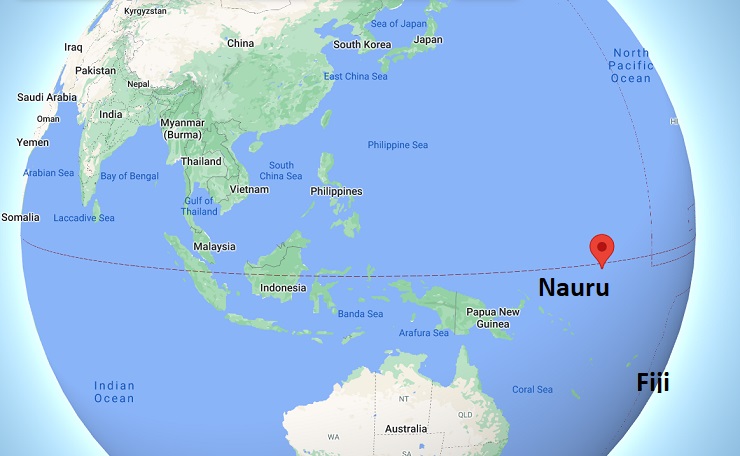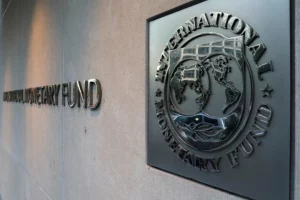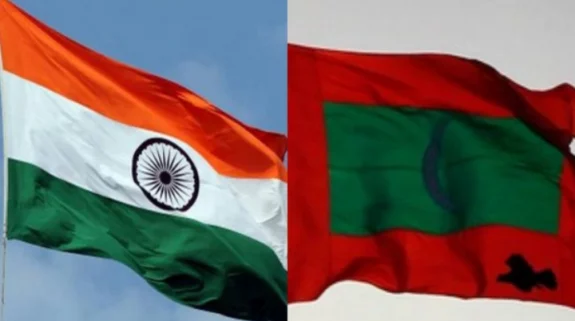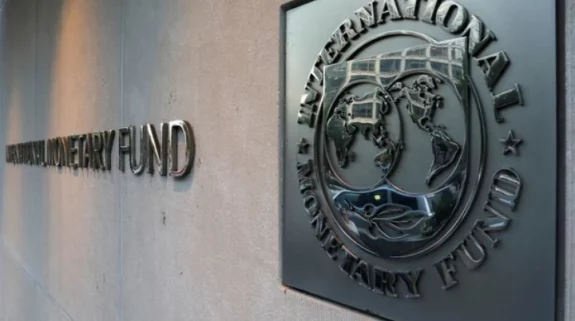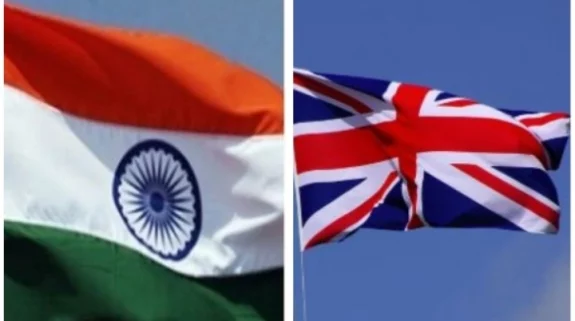The Pacific island of Nauru has rejected a bid from China company HMN Tech to lay an undersea communications network. This is despite HMN Tech, earlier called Huawei Marine, submitting the lowest bid in a World Bank-led cable tender project for boosting commuications in the Pacific region.
Clearly geopolitical considerations are outweighing hard economic numbers in the decision of Nauru, an island which is part of the larger Indo-Pacific game play.
Unsurprisingly, Nauru cancelled the World Bank-led cable tender bidafter concerns emerged that the network would become vulnerable to breach by China. Nauru, Micronesia and Kiribati, did not award the tender despite the lowest bid, allowing the bid process to collapse, after Nauru voiced fears over the project last year, reports Solomon Times.
Nauru is now trying to build a new communications cable system with help from the Asian Development Bank (ADB). The bank told news agency Reuters: "ADB is involved in very early discussions with the government of Nauru to explore possible options to help fund an undersea cable to deliver low-cost, high quality internet service".
The plan is to link Nauru to the Solomon Islands which is about 776 miles. From the Solomon Islands, the network would then spread towards Australia and Papua New Guinea through other undersea cables.
After Nauru's fears about the cable project going to a Chinese company, the US too jumped into fray, signaling the opening of yet another theatre of contest between Beijing and Washington in the Indo-Pacific region. It warned the Pacific nations over regional security threats emanating from China. The US also alerted these countries not to award projects to Huawei as it could leak information to the Chinese government.
Read More: India should strengthen economic muscle, IT prowess to fight China
The cancellation of the bid favouring China drew reactions from the Chinese Foreign Ministry. Spokesperson Zhao Lijian said: "Chinese enterprises have always maintained a good record in network security, and the so-called Chinese espionage activities are groundless".
However, not many nations are willing to agree with Zhao’s benign observations about Chinese multinationals. With numerous mysterious cyber-attacks happening across the world, including in India, nations have become wary of Chinese Apps as well as Chinese telecom service providers.
Last year, soon after the Galwan Valley attacks in Ladakh, Chinese hackers had zeroed in on key Indian government websites, besides telecom organizations, pharma companies and media. India Narrative had spoken with Kazim Rizvi, founding director of the Delhi-based think tank, The Dialogue, who said: "I think it would be naive for us to believe that we are not already in a cyber-warfare with China. China is notoriously famous for trying to hack into government systems globally, so that's not news. But what must be bothering them is India’s growing ability to counterattack them and stall their attempts."






